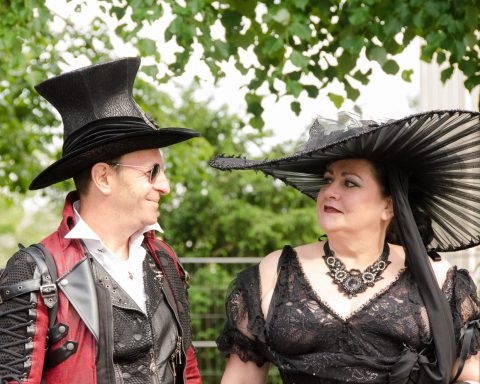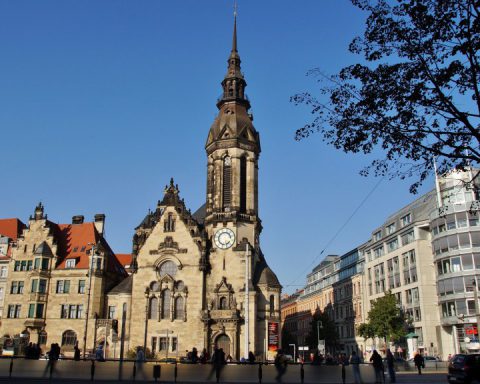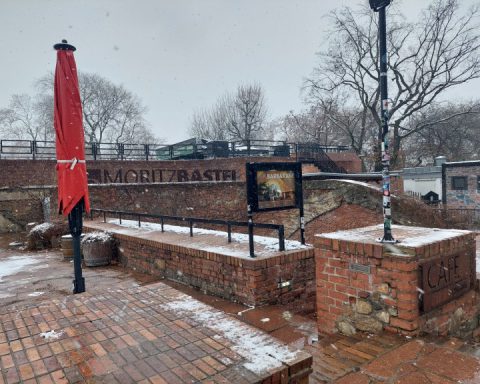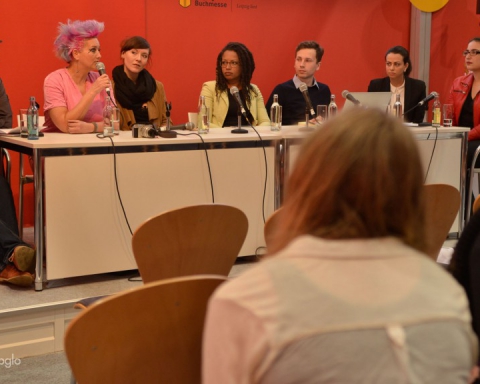“No book is worth reading that isn’t worth re-reading.” – Susan Sontag
For a literature reviewer, I am frequently and fairly out-of-touch with the latest trends. I know about them but am not inclined to delve any further. I have heard about Elena Ferrante and her Neapolitan Novels, but have no desire to peruse them or pick them up. I haven’t read a single line of Jonathan Franzen and if I had to choose, I would select Tom Perrotta (author of The Leftovers) as my seminal modern author. Frankly, I have no interest in a lot of what is published today. Perhaps this is due to snobbery, laziness or simple distrust of an industry that has turned E. L. James into a multi-millionaire – I mean her trilogy of trite, shite and banality is more embarrassing than stimulating.
And at present, it is a sad industry.
In Britain, most writers make a paltry 11,000 pounds per year. The publishing industry, thanks in large part to Amazon, has brought down the price of books and with ebooks, many authors give away their hard work for free. The picture is bleak but there is a conscience out there. Philip Pullman, author of His Dark Materials trilogy (a trilogy worth reading, I am told) recently pulled out of the Oxford Literary Festival because it conflicts with his role as president of a society that campaigns for fair author wages.
This literary festival is a huge draw, providing the goer with everything including space, sumptuous food to every other nut and bolt, but heaven forbid the sole attraction – the hard-working author – earns a penny. Those who make a living writing, those who have published something should at least get something at such an event. But no, they get the next best thing: ‘publicity.’ Hopefully, it will change in the near future.
Another reason I look away from the present era to the past centuries is due to the fact that 95% of the authors back then were not university professors, writing teachers or MFA students. Back then, they didn’t emerge from a famous writing program but from life itself. Basically, it was a time when people actually lived beyond the confining security of the Ivory Tower and they produced something worth reading. (For my opinions on such a subject, please see a previous blog post.)
And this is why I am less a reader and becoming more a re-reader. Let me stipulate, I do read new books but typically non-fiction, venturing in for the sake of knowledge, for a new understanding, to explore certain topics.
But for the purpose of edification, for the sake of precious time, knowing how a book affects my moods, I am a reader who returns to the books that never really left me.
Just as there are some friends we haven’t seen for months and years and no matter how long the divide, we manage to pick up where we last left off, these books tend to bring me back to conversations in my own mind, thoughts first cultivated and pleasurably first lit (as in lighting a lamp but if you thought the last word before the parenthesis as short for ‘literature’, I can assure you it was more an accidental pun on my part). It is a habit I first started back in 2012 but I would now say it has become a routine and this last reading year featured at least 65% of books I knew before. Here is a bit of a breakdown of what I re-encountered.
Winter
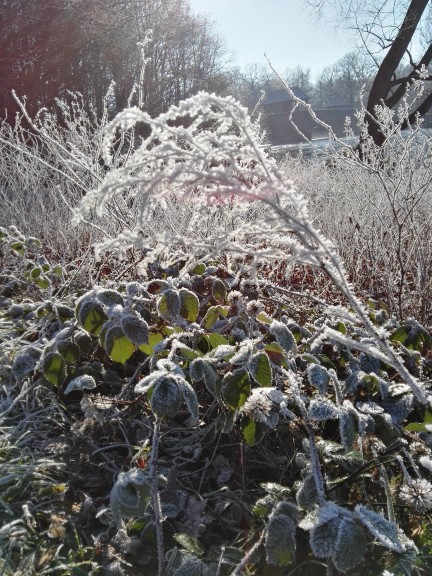
I love the books I read to reflect the season I’m in. The Russians, for me, know best how to write about winter. You can feel the howl of the Steppes in Pushkin or the cold of the Slavic south in Lermontov. Even if the novel, for instance The Master and Margarita by Mikhail Bulgakov (1891-1940) takes places in a balmy Moscow summer, it is still Russia and it still doesn’t matter, I feel the blight and the bright, frosted tingle of December in the distance. It is close by. And Bulgakov’s novel is perfect for the cold months, telling the tale of the devil and his retinue visiting Moscow to shake up the Stalinist city, to crazily assist a near-insane writer in achieving grace and success in his life.
Then there is Boris Pasternak’s (1890-1960) Doctor Zhivago, the true tale of winter. The pages themselves feel frosted, as if by reading them you were in fact looking out into the darkened night just before setting out for a Christmas party in your troika.
You can see your breath while reading the book.
My favourite scene, the one I think of when I begin my re-reading is when Yuri, the troubled doctor-poet solemnly in love with humanity, nature and words in the midst of a Russia barreling towards Revolution, looks out, yes, on the way to a holiday gathering to see a candle burning close to a frosted window. It is an early scene in the novel and in the Max Hayward and Manya Harari translation (please do not read any other translation), it is rendered simply and with solemn sparseness. Here is the rest of the scene:
“’A candle burned on the table, a candle burned…’ he whispered to himself – the confused, formless beginning of a poem; he hoped that it would take shape of itself, but nothing more came to him.”
Spring
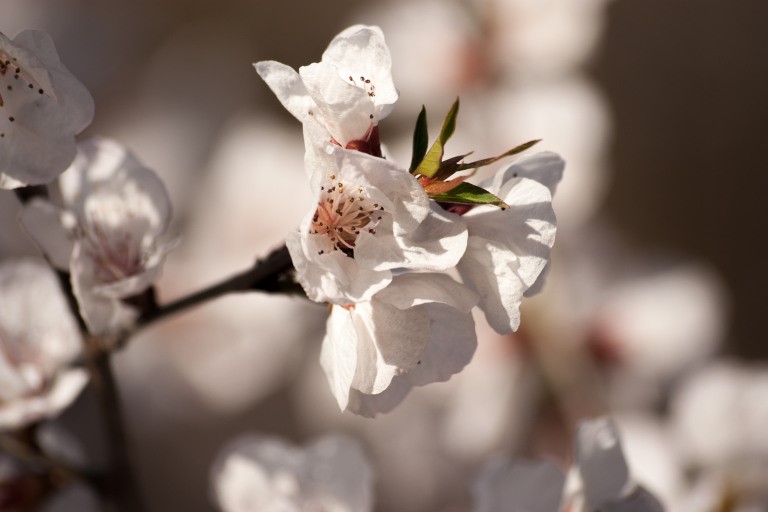
In April, not straying too far from the Slavic, I returned to the lesser-known Polish Edgar Allan Poe (the famed poet celebrating a birthday this month) of Lviv, Stefan Grabinski (1887-1936). For those who haven’t read The Dark Domain but know H.P. Lovecraft, Stephen King and Neil Gaimon, Grabiński concocts horror vignettes in a similar vein. There is less gore and more of the grotesque and gloomy – for example, a tale about a watchmaker whose death stops all the town clocks and another featuring a phantom train arriving on time but unannounced, to give a spare idea of his themes.
This year, I plowed on with the Polish writers, re-reading Adam Zagajewski’s (1945- ) Another Beauty, a melodic mix of auto-biographical reflections in aphoristic form. The poet, also of Lviv, recalls Poland following World War II, a a time of shifting borders, Communistic discomfort and strain. Yet we are not alone, always in the welcome company of fellow students, admirable professors and writers of the past. Even famed Polish poet Czeslaw Milosz makes an appearance. But beyond the groaning giant of history and literary reflections, Zagejewski’s tenderly delivers on the little moments from his first encounter with Beethoven’s Seventh Symphony (the second movement…a life without it…Seufz…) to his early impressions of Paris and meeting his wife.
I also managed to find a remainders edition of Poems New and Collected by the eternally great ‘Mozart of poetry’, Wisława Szymborska (1923-2012). Her collection in English, translated lovingly by Claire Cavanagh and the late Stanislaw Baranczak, both long-time friends of the Nobel Prize recipient, is the closest anyone in English can come to the bitter-sweet and touching tone of the original. I first read Szymborska in my native Ontario, some five years ago and my first poem to appear in print appeared in an anthology titled after a line in her collection. Yet, I’ll admit, the only thing I dislike about this translation is that the lines of the original Polish zbawiennej porjęczy are rendered ‘redemptive handrail’ to describe poetry’s elusive presence in our life instead of ‘saving banister’ which is what I would prefer.
Summer
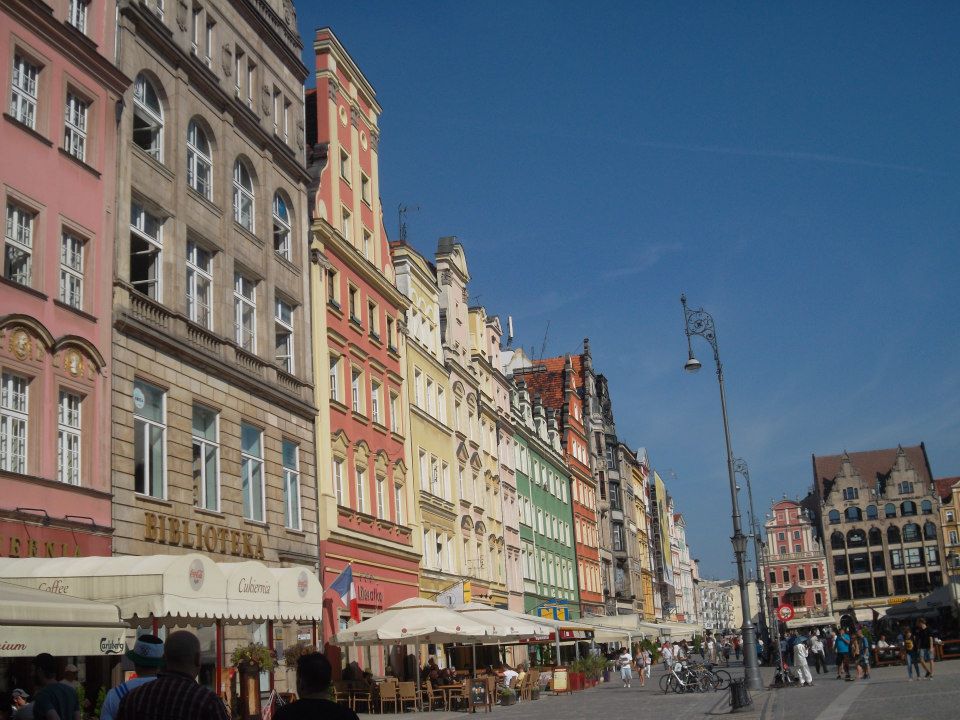
I have a hard time reading in the summer with its short and hot sweetness (like being in Bulgavkov’s balmy Moscow). In East German buildings not built to anticipate nor even accommodate air conditioning, it is difficult to sit in one’s room alone, sweating through an intellectually heavy and cumbersome tome. My concentration flits like the evening clouds of August; however I did manage to re-read, in passing moments, the hermetic verses of the Italian poet, Giuseppe Ungaretti (1880-1970) as well as American staple and 20th century standard, Wallace Stevens (1879-1955).
In many ways, the two couldn’t be more dissimilar in style, the Italian favouring spare and raw lines of verse whereas the American keeps to his robust and brick-like stanzas of demanding meditation. But themes of childhood, autobiographical place-names emerge. For Ungaretti, we see his native Alexandria in Egypt, glimpses of his mother but also the trenches of Northern Italy during the First World War where he first found his voice. While for Stevens, Connecticut provides the backdrop for many of the poet’s philosophical ruminations (Hartford becoming his adopted home), whether we are walking with him on an autumn street or sitting nearby on an evening porch.
I love these lines from Ungaretti – E’ il mio cuore il paese più straziato – “My heart is the village most smashed to pieces” – ‘San Martino del Carso’, a poem from his war period translated by poet Andrew Frisardi.
And from Stevens: “Out of this same light, out of the central mind, we make a dwelling in the evening air, in which being there together is enough” – ‘‘Final Soliloquy of the Interior Paramour’, a poem that gives us a passing glimpse of the mind beautifully burdened with excessive consciousness.
Autumn

After a visit from my father and step-mother, and two months of non-stop teaching, I managed to settle into some re-reading in autumn, landing up once again in the Slavic camp, albeit this time with a man whose third language was English. For those that avoid Lolita by Vladimir Nabokov (1899-1977) based on the premise of the subject matter, I suppose I can understand. When I first heard about the novel when I was eighteen, working for a bookstore in Vancouver, BC, I shook my head. Why would I want to read about a forty-year old man lusting after a twelve-year old girl?
But I was half-stupid, still immature and trying to impress a fellow work colleague, a then self-proclaimed artist (now a social worker and yoga enthusiast) when I first took the literary plunge. I went out on a date with this then-Virginia-slim smoking artist, to see what Adrian Lyne re-envisioned. I found myself getting a little lost in Enrico Morricone’s sweltering strings and Jeremy Irons’ solemn and solipsistic narration. While reading the book I hear Irons as my interior narrator and it brings it to life.
Then this past December, while walking into the Leipziger Städtische Bibliotheken, I found the book staring me stubbornly in the face when I entered the English language section.
So I figured it was divine intervention. And Jeremy Irons once more returned to me as he had done back in 1998 and 2009.
The entire book is a literary wonder, English carved out by a Russian. At times eloquent and at times manic, the novel is delirious and decadent but there is nothing putrid or puerile about it. Nabokov avoids the discomforting situations, allowing his readers to get more or less drunk on the prose. When you finish it, you feel heady, as if you encountered the literary grandson of Dostoevsky’s unnamed narrator in Notes from the Underground. Nabokov is so good a writer you forget you just read the confessions of a pedophile. There is too much to quote here so I will just urge all readers to read or re-read it. It is a book about a broken man and it is his obsession one relates to, not the object of the obsession.
But the poet that truly completed my year was the Portuguese author, Fernando Pessoa (1880-1935). He is a man that deserves more than this passing paragraph. Though he was enigmatic, writing out his life through the lens of various ‘heteronyms’ – alter egos he created to compose his poems from different viewpoints – the words on the page remain direct, the images vivid. Again, I will need to devote a longer blog post to him and my appreciation of his work.
The translation I re-read I first encountered in British Columbia at the Vancouver Central Library. A Little Larger than the Entire Universe seemed to me a book meant for a rain-dappled day or week depending on your time.
I especially loved a poem early in the collection, Pessoa writing as Alberto Caeiro, the poet self taking a page from Walt Whitman, said to have been Pessoa’s first heteronym. The lines are just right: ‘This afternoon a thunderstorm rolled down from the slopes of the sky like a huge boulder…’
I can perfectly see and feel the moment, almost the electricity of the coming storm. Then:
As when someone shakes a tablecloth
From out of a high window,
And the crumbs, because they fall together,
Make a sound when they fall,
The rain swished down from the sky
And darkened the roads…
There is nothing forced here, everything in its place and again, I could go on about how much I feel the images, feel the scene as if I had lived in it.
I feel richer for my re-readings and will continue the personal trend into 2016, hopefully reading more books in the original German.
As for E. L. James and her kind… Seufz… not even worth a first reading.
Article updated on 18.02.2023


